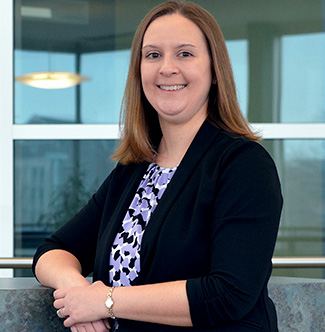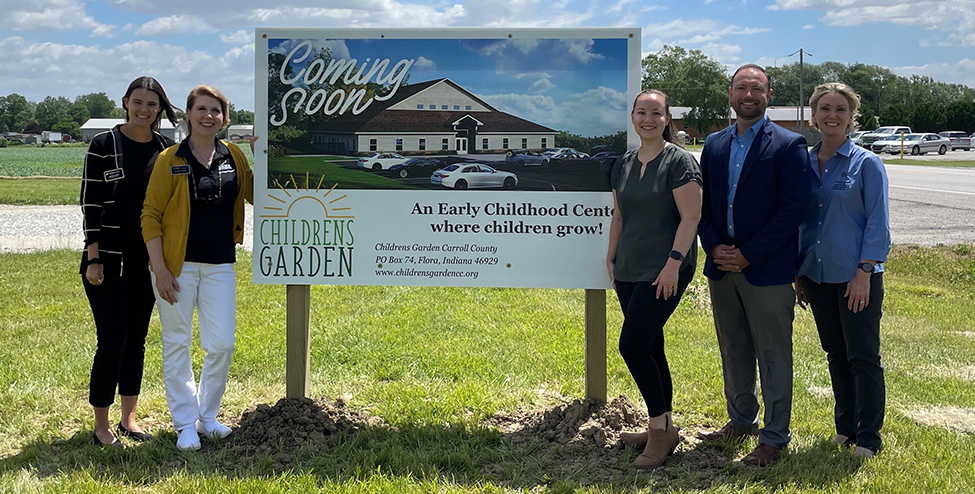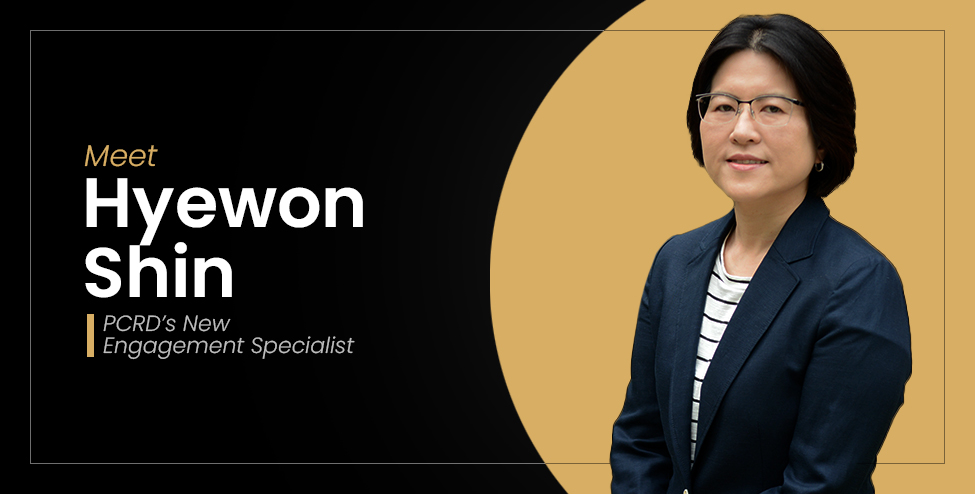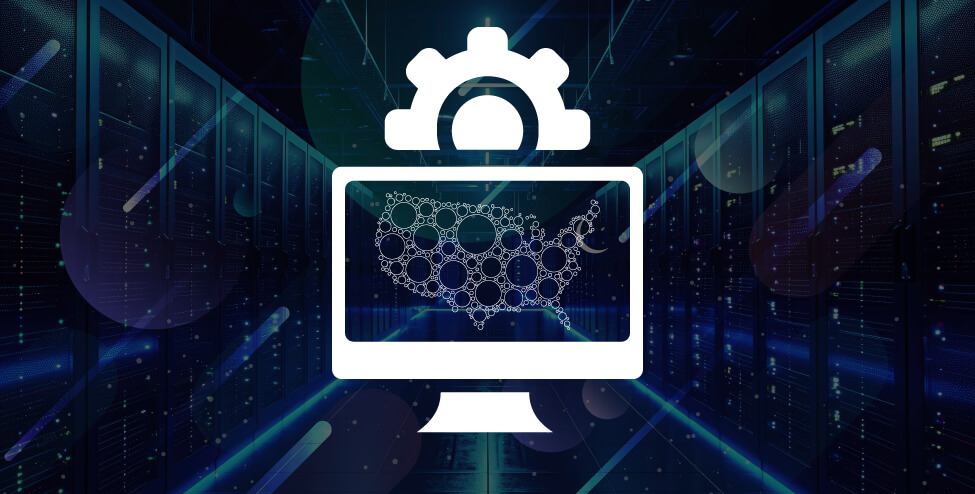Why We’re Launching the American Connection Corps

By The American Connection Project
It’s time for the American Connection Project’s next chapter: The American Connection Corps, an effort connecting 50 young fellows in 12 states to their hometowns for a two-year pilot project through Lead for America’s proven Homecomers model.
Why? This is urgent. Nearly one year ago, in the early days of the COVID-19 pandemic, the entire country made a sudden transition to remote school, work, health and life. This sudden virtual shift shined a bright light on the digital divide across our country. Families should not have to choose between which child can do their homework on limited bandwidth. Attending virtual medical visits from a car in a parking lot is not a sustainable solution for the long-term.
The ACC program will enable us to help elected leaders in our region understand the importance of broadband development, access, and affordability, and to equip our local businesses to thrive in an increasingly digital world.
Alex Brown and Ryan KellerTHRIVE Indiana
So during their two years as American Connection Corps Fellows, this new generation of community leaders will work to increase digital access and inclusion in their communities by coordinating local partners to access federal and state resources for broadband access or delivering digital literacy to marginalized members of the community.
The need is profound.
According to the latest FCC report, an estimated 14.5 million Americans lack broadband access, 11 million of whom live in rural America. However, some experts think that number might be twice as high; according to a 2020 BroadbandNow study, an estimated 42 million Americans lack access to broadband internet. In today’s 21st century economy, families, businesses, and communities without access to broadband infrastructure are being left behind. The pandemic accelerated the need for this work and it quickly became clear urgent action was needed.
Early action during the pandemic initially took form through some unlikely partners working to stand up free, public Wi-Fi, now in more than 3,000 locations, and later in the year, launching the American Connection Project Policy Coalition, a growing group of more than 150 partner organizations dedicated to advocating for policy reform and broadband investment.
But the work isn’t done. Providing access to the internet, while critical, is only the first step. These connections are only as strong as the individuals who know how to leverage them into economic opportunity. It’s time for the next chapter of the American Connection Project and working to provide direct support to rural and urban communities to develop the tools and resources necessary to unlock opportunities around connectivity.
American Connection Corps Fellows will receive training from higher education institutions and our partners in their region for technical assistance, research, and innovation. Fellows will also connect young people in the community with newly identified opportunities, mentoring them in starting businesses, nonprofits and community groups that address local needs with an explicit focus on diversity, equity and inclusion.
We are very excited about the opportunity to participate with the Digital Inclusion Fellows/Land O’Lakes/Lead for America Community Connections Corps program in Eastern Indiana. With our Region’s focus on Talent Attraction through Community Development, we believe that this program will provide the leadership, support, and focus we’ve been working for over the past few years. We can’t wait to get started and have committed the local resources necessary to support the program.
Ken PaustEIRPC Board Chair
Over the next several years, we hope this program will both grow significantly and provide important insights that could inform policymakers at both the state and federal levels. The goal is to create a scalable, successful model for economic development – demonstrating one more way to make an impact in communities critical to our success as a nation. This, in addition to meaningful policy change to close the digital divide, will lead to economic opportunity and the revitalization of the communities at the heart of our country.
Join this effort and help realize the shared belief that we’re better when we work together.
Read more about the announcement here.

Jessica Wandless is the Communications and Engagement Manager for the Office of the Vice President for Engagement and the Purdue Center for Regional Development (PCRD).... read more




